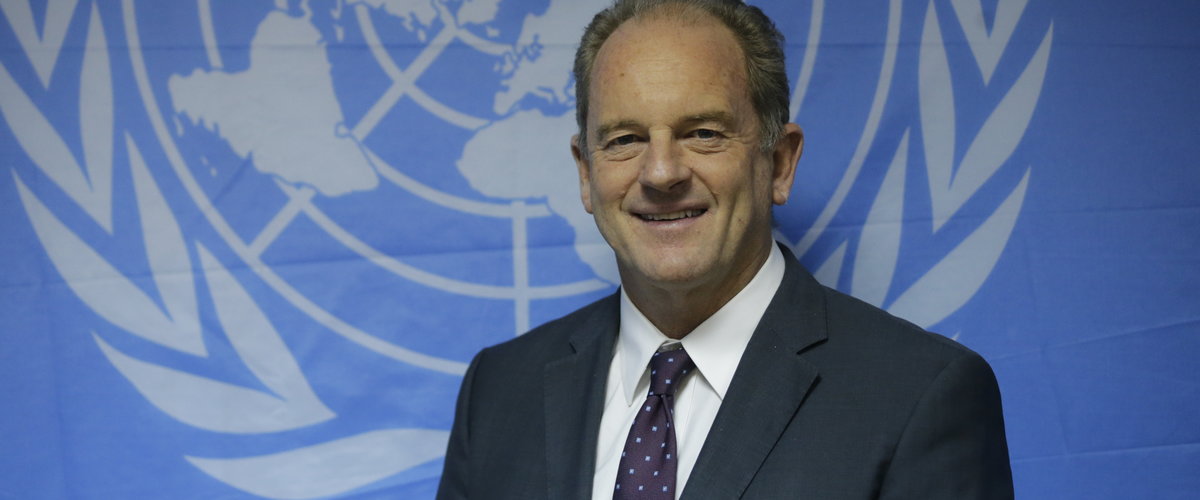Regional protection forces expected in S. Sudan “soon”: UN

July 30, 2017 (JUBA) –The deployment of regional protection forces in war-torn South Sudan will take place soon, a senior United Nations official said.
David Shearer, the head of the UN mission in South Sudan was a deal was reached with the government on a base for the troops in the capital, Juba.
He described the moved as a “significant” and “positive” step that will allow the world body extend its presence to areas beyond Juba.
In August 2016, the UN Security Council, following request by the regional body Intergovernmental Authority on Development (IGAD), approved the deployment of 4,000-strong RPF force to secure Juba in the aftermath of renewed clash there.
South Sudan’s coalition government confirmed its unconditional consent to the deployment of the force in a communiqué to the Security Council on November 30, 2016.
The 4,000-strong force is meant to protect civilians from the gang rapes and other abuses seen during the fighting that erupted in the capital, Juba, a year ago. This additional force would beef up the existing 13,000-strong UN peacekeeping troops.
South Sudan’s civil war has killed tens of thousands and displaced over two million civilians in less than five years, according to the UN.
The signing of the base agreement between South Sudan’s government and the U.N. comes day before the world body’s peacekeeping chief Jean-Pierre Lacroix visits the East African nation.
The South Sudanese government said last week that it had completed the verification needed for regional protection forces to be deployed in the country.
The regional protection forces, once deployed, will be mandated to protect key installations like the Juba airport, facilitate the delivery of humanitarian assistance and provide protection to the civilians.
The regional forces are also expected to further strengthen the security of UN protection of civilians’ sites and other UN premises.
South Sudan’s civil war broke out in December 2013 after President Salva Kiir accused his former deputy Riek Machar of plotting a coup.
Machar denied the accusation but later mobilised a strong rebel movement.
A peace deal signed in August 2015 led to the formation of a coalition government but was again devastated by fresh violence that broke out in July last year.
(ST)
